Ayuba Suleiman Diallo’s life story is a powerful testament to human resilience, faith, and the enduring impact of one individual against the backdrop of the transatlantic slave trade. This article explores his incredible journey, from a privileged upbringing to the horrors of enslavement and his eventual, complex return to his homeland.
Ayuba Diallo’s Extraordinary Life: From Prince to Enslaved Man and Back
Born around 1701 in Bundu, Senegal, into a prominent Fulani Muslim family, Ayuba enjoyed a privileged childhood. His grandfather founded their town, and his family held important religious and social positions. He received a surprisingly good education, learning to read and write—an exceptional skill even for someone of his high social standing. This upbringing, steeped in religious learning and communal leadership, makes his later experiences all the more impactful. Before 1730, he married two wives (previously his slaves) and had children. His comfortable life was shattered around 1730 when, during a trading trip to the coast, he and a translator, Loumein Ndiaye, were captured and sold into slavery. This trip was intended to sell two slaves owned by his father to a factor of the Royal African Company.
The transatlantic voyage, the horrors of the Middle Passage, and the grueling work in the tobacco fields and later herding cattle in Maryland tested him beyond imagination. Yet, instead of succumbing to despair, Ayuba found strength in his unwavering Islamic faith. His resilience, intelligence, and literacy eventually caught the attention of others, leading to a pivotal turning point in his story. While enslaved, he likely drew tremendous strength from his deeply held Muslim beliefs; some experts believe this faith was vital to his ability to endure the unimaginable.
Ayuba’s Enduring Legacy: A Powerful Voice Against Slavery
Ayuba’s remarkable resilience is evident in his creation of the Narrative of the Life and Adventures of Ayuba Suleiman Diallo, a Native of Africa. This autobiography, written in English with the assistance of Thomas Bluett, provides a unique and invaluable firsthand account of 18th-century slavery. It’s one of the earliest narratives of its kind by a West African, offering unparalleled insight into the horrors of the Middle Passage and the daily realities of enslaved life. Bluett’s role deserves consideration; while his transcription aided in preserving Diallo’s story, potential biases within Bluett’s account require careful analysis to ensure historical accuracy. Ongoing research may reveal further nuances in their collaboration.
The publication of his memoir was a significant step in challenging the dehumanizing narratives surrounding slavery. Alongside his words, a portrait painted around 1733 by William Hoare stands as a powerful visual testament to his dignity and resilience. This striking portrait, rediscovered much later, challenges the often-sanitized historical narratives, presenting a dignified and resilient image of an African man. The portrait, now in the National Portrait Gallery in London, is thought to be the earliest known British oil portrait of an African.
The intervention of James Oglethorpe, a prominent figure in Georgia’s early history, led to Ayuba’s emancipation. Oglethorpe’s involvement with the Royal African Company adds another layer of complexity to his actions. While Oglethorpe’s purchase of Ayuba’s freedom is laudable, it’s important to consider the context of his involvement with the very institution perpetuating the slave trade. This highlights the nuanced and often contradictory nature of this era.
Ayuba’s Journey Home and the Uncertainties That Remain
Ayuba’s return to West Africa around 1734 wasn’t a simple happy ending. He likely faced significant challenges reintegrating into a society transformed during his absence; his father had died and one of his wives had remarried. Precise details of his homecoming and the complexities of reintegration into his community remain largely unknown. While some historical records exist, many aspects of this period remain obscure, highlighting the limitations of current historical knowledge. Further research, including exploration of oral histories and potentially local archives, may shed additional light on this crucial phase of his life. He later attempted to return to England, but his request was denied; the reasons for this denial remain speculative but may involve bureaucratic obstacles or concerns stemming from his powerful anti-slavery testimony.
[https://www.lolaapp.com/henry-methvin] and [https://www.lolaapp.com/john-davinier] also offer compelling narratives of individuals navigating similar challenges during the same historical period.
Ayuba’s Enduring Influence: Why His Story Matters
Ayuba Suleiman Diallo’s story transcends a personal narrative; it’s a cornerstone of historical understanding of the transatlantic slave trade. His memoir provides an invaluable counterpoint to traditional Eurocentric accounts, offering a nuanced understanding of the horrors of slavery from the perspective of an enslaved person. His resilience, coupled with the powerful visual representation in Hoare’s portrait, continues to challenge and reshape our comprehension of this dark chapter in history. Some experts believe that his Islamic faith played a crucial role in fortifying his resilience to withstand the unimaginable suffering he encountered.
Here’s a timeline summarizing key moments in Ayuba’s life:
| Year | Event |
|---|---|
| c. 1701 | Born in Bundu, Senegal, to a prominent Fulani Muslim family. |
| c. 1730 | Captured and sold into slavery. |
| 1731-34 | Enslaved in Maryland, USA; writes his autobiography. |
| c. 1733 | William Hoare paints his portrait. |
| c. 1734 | Gains freedom and returns to Africa. |
| c. 1773 | Dies. |
Ayuba’s legacy extends far beyond his personal story. His memoir and portrait remain potent symbols of resilience, challenging us to confront the injustices of the past and to remember the voices of those historically silenced. Ongoing research continues to uncover new aspects of his life and its impact, underscoring the importance of preserving and studying diverse perspectives to fully understand history.
- Unlocking Francis Alexander Shields’ Finance Empire: A Comprehensive Biography - July 12, 2025
- Unveiling Francis Alexander Shields: A Business Legacy - July 12, 2025
- Francis Alexander Shields’ Business Career: A Comprehensive Overview - July 12, 2025
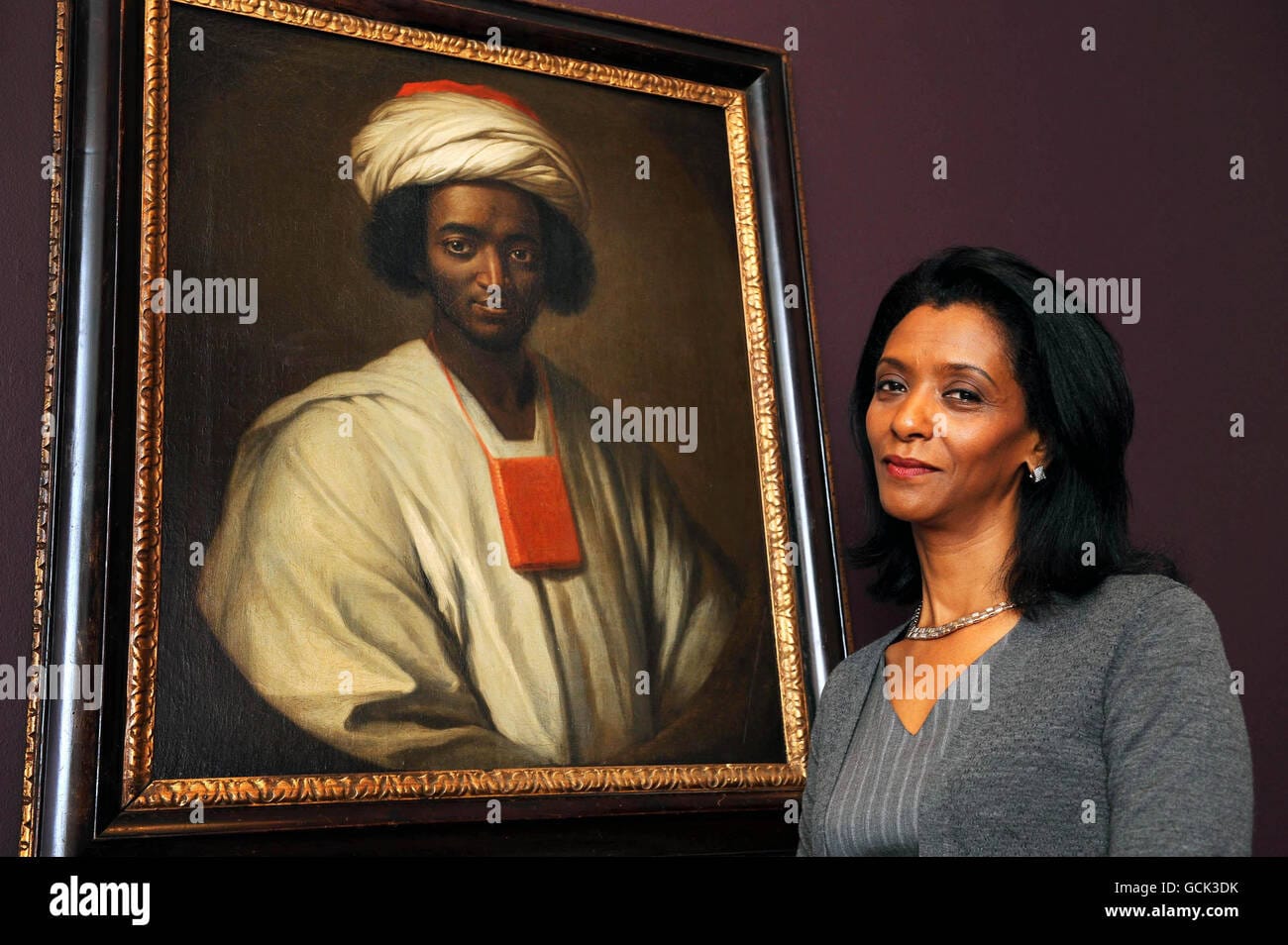
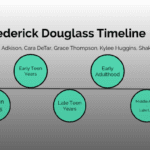
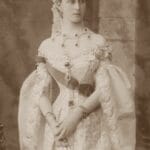

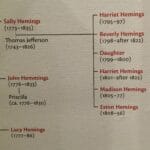
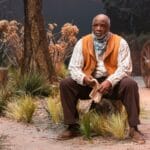
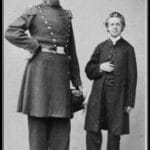









1 thought on “Ayuba Suleiman Diallo: A West African Prince’s Journey Through Slavery and Resilience”
Comments are closed.